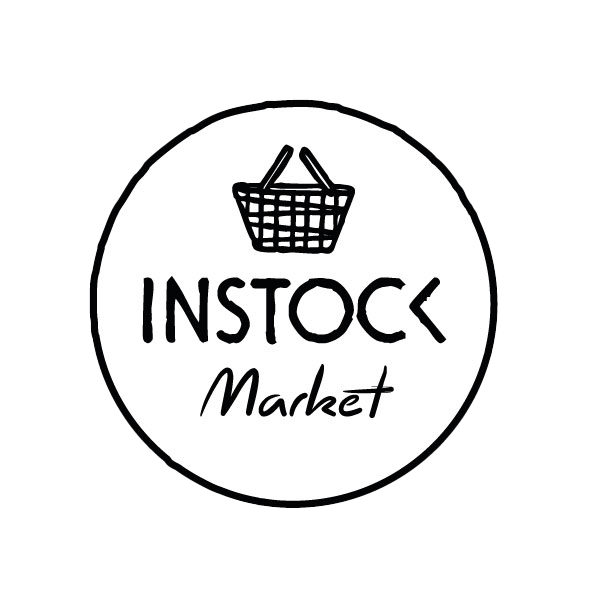

InstockMarket

North Holland, Netherlands The
February 2024
Food products
Wholesale/Retail
Netherlands The
Since 2014, Instock has been on a mission to save food from going to waste. At first, through Instock's restaurants, turning what would normally be thrown away into delicious meals. Recognising the need for greater impact, InstockMarket then became the first hospitality wholesaler for rescued food products and circular brands. Working with over 100 suppliers and partnering with more than 400 chefs across the Netherlands, Instock has rescued over 2.5 million kilograms of food from being wasted. Every year, over a third of food ends up being discarded, often for reasons as trivial as its appearance or approaching expiry date. InstockMarket is on a mission to address this challenge, supplying the hospitality industry with premium quality rescued fruits and vegetables. The Food Rescue Center is the heart of their company, which is strategically located near Amsterdam in Diemen. Beyond its primary functions of food rescue, quality control, and distribution, the center also serves to inspire and educate embodying InstockMarket’s dedication to reducing food waste. This way, InstockMarket is not just fighting food waste, they are redefining it!
Overall B Impact Score
Governance 15.9
Governance evaluates a company's overall mission, engagement around its social/environmental impact, ethics, and transparency. This section also evaluates the ability of a company to protect their mission and formally consider stakeholders in decision making through their corporate structure (e.g. benefit corporation) or corporate governing documents.
What is this? A company with an Impact Business Model is intentionally designed to create a specific positive outcome for one of its stakeholders - such as workers, community, environment, or customers.
Workers 25.5
Workers evaluates a company’s contributions to its employees’ financial security, health & safety, wellness, career development, and engagement & satisfaction. In addition, this section recognizes business models designed to benefit workers, such as companies that are at least 40% owned by non-executive employees and those that have workforce development programs to support individuals with barriers to employment.
Community 20.7
Community evaluates a company’s engagement with and impact on the communities in which it operates, hires from, and sources from. Topics include diversity, equity & inclusion, economic impact, civic engagement, charitable giving, and supply chain management. In addition, this section recognizes business models that are designed to address specific community-oriented problems, such as poverty alleviation through fair trade sourcing or distribution via microenterprises, producer cooperative models, locally focused economic development, and formal charitable giving commitments.
Environment 47.6
Environment evaluates a company’s overall environmental management practices as well as its impact on the air, climate, water, land, and biodiversity. This includes the direct impact of a company’s operations and, when applicable its supply chain and distribution channels. This section also recognizes companies with environmentally innovative production processes and those that sell products or services that have a positive environmental impact. Some examples might include products and services that create renewable energy, reduce consumption or waste, conserve land or wildlife, provide less toxic alternatives to the market, or educate people about environmental problems.
What is this? A company with an Impact Business Model is intentionally designed to create a specific positive outcome for one of its stakeholders - such as workers, community, environment, or customers.
Customers 3.6
Customers evaluates a company’s stewardship of its customers through the quality of its products and services, ethical marketing, data privacy and security, and feedback channels. In addition, this section recognizes products or services that are designed to address a particular social problem for or through its customers, such as health or educational products, arts & media products, serving underserved customers/clients, and services that improve the social impact of other businesses or organizations.